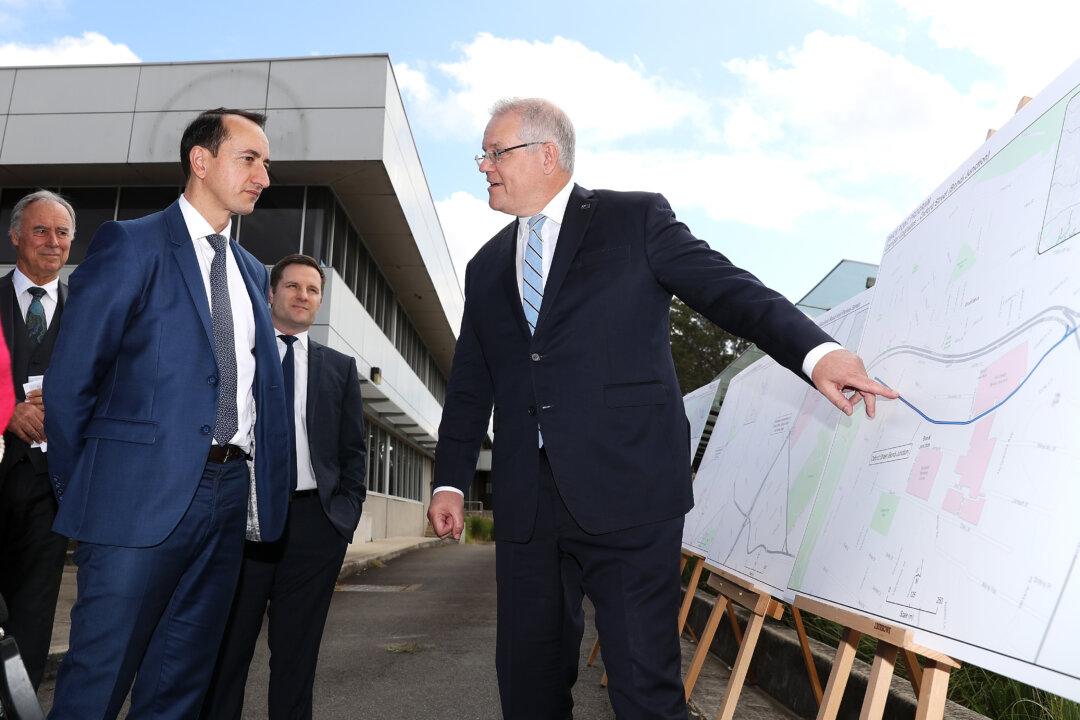The Morrison government will make the nation’s largest-ever investment into cybersecurity over the next ten years with the Cyber Enhanced Situational Awareness and Response (CESAR) package.
In a media release on June 30, Prime Minister Scott Morrison said that the federal government would invest $1.35 billion over the next decade to enhance Australia’s cybersecurity capabilities and cyber readiness.




